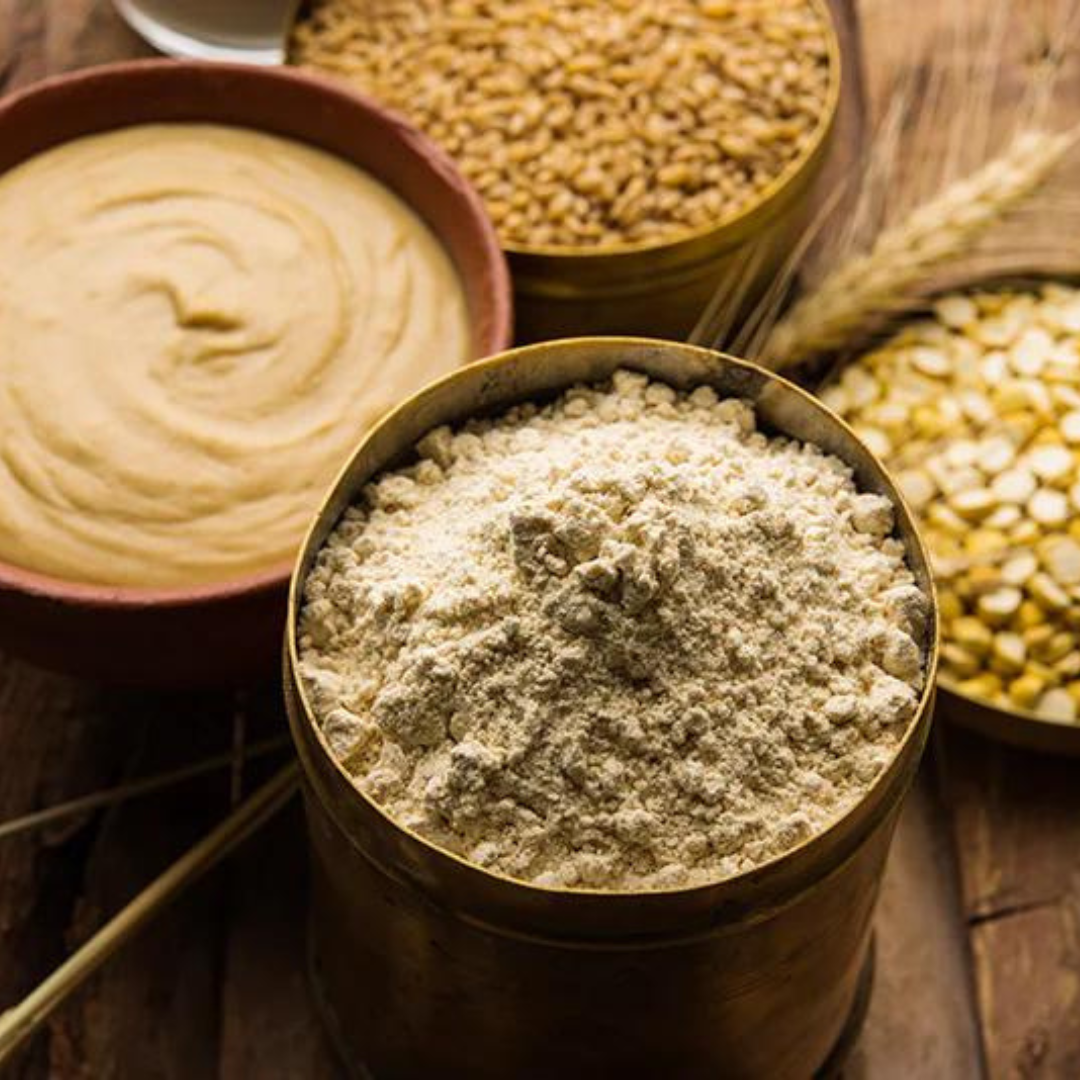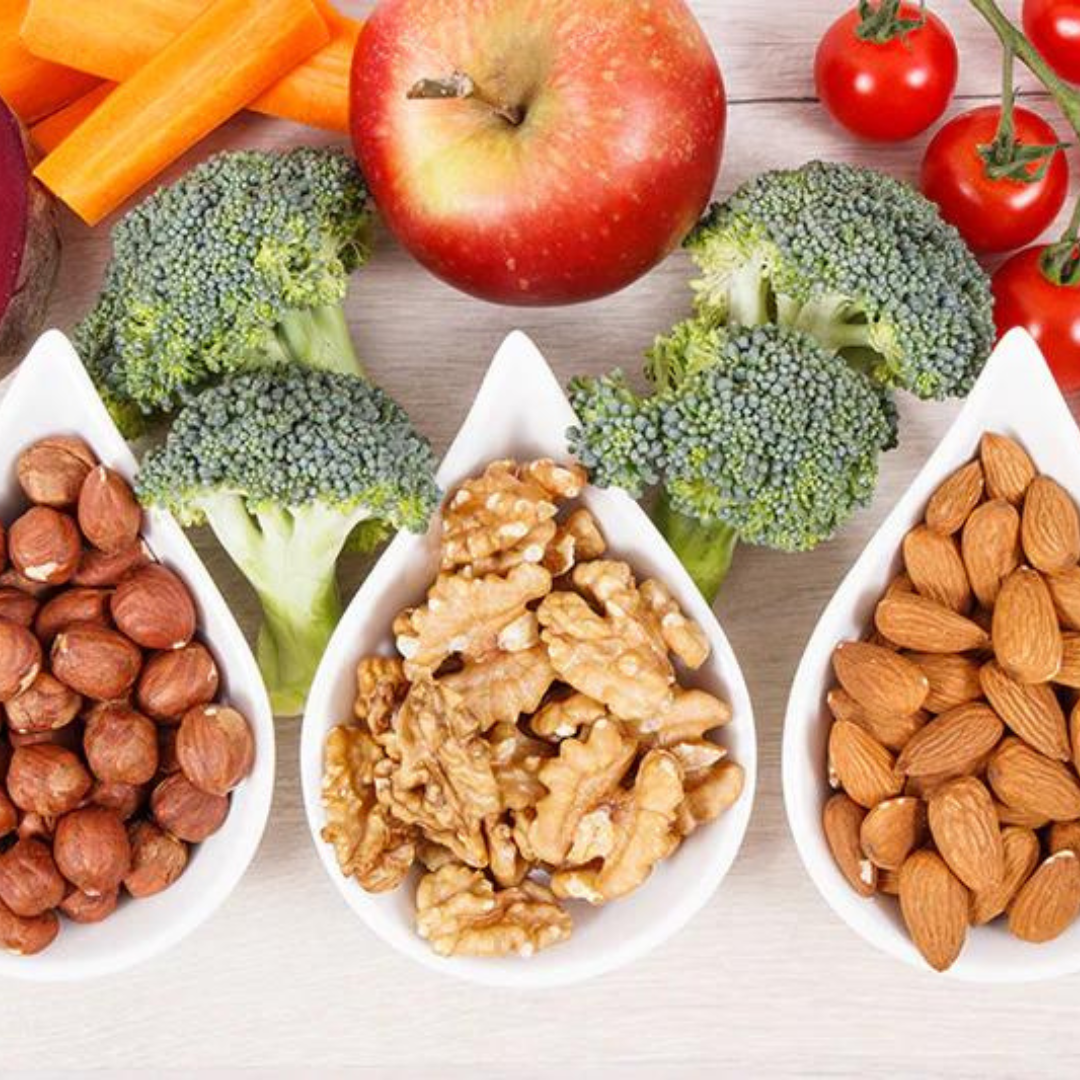The Indian kitchen has been home to various nutritious staples – millet being one of them!
Millet is a gluten-free whole grain that can be turned into delicious desserts, gooey porridges, yummy idlis, fluffy bread and more!
What is Millet?
These tiny corn kernel lookalikes belong to the Poaceae grass family. Considered a staple in many diets, millet used to grow wild throughout Asia and Africa. Now, these nutrient-rich grains are extensively cultivated in Asia, Europe and Africa.
Although it is technically a seed, millet is labelled as a grain. Mainly grown in developing countries, this highly versatile crop can grow in harsh, dry and arid environments. India alone cultivates 8 million tons of millet, followed by China and Africa. It is rich in fibre, minerals, nutrients, carbohydrates, vitamins, and organic compounds.
What are The Health Benefits of Millet?
Millet is packed with essential nutrients like phosphorous, fibre, protein, potassium, magnesium, copper, and manganese. It is also filled with antioxidants, saponins, anthocyanins, lignans, and flavonoids, providing various health benefits. Millet is gluten-free; hence, it is suitable for people with gluten allergies and celiac disease.
Let’s take a look at the millet health benefits and why it is known to be a millennial must-have:
-
Balances Your Blood Glucose Levels
Millet has a low glycaemic index, which is why it regulates your blood glucose levels. A glycaemic index is a rating tool for foods that contain carbohydrates. It indicates the relative effect the food item will have on your blood sugar.
Any carb-containing food broken down quickly causes a rapid rise in your blood glucose. To have a balanced meal, you should always include low GI foods like millet in your diet. Diabetic patients advised to prevent a sudden blood sugar spike can benefit greatly from including millet in their regular diet.
-
Aids in Weight Loss
Millet is known to lower your BMI. Since it is low in calories and extremely high in magnesium, bioactive compounds, fibre, minerals, and vitamins, millet is an integral part of your weight loss journey. Including this gluten-free grain along with proper exercise and a clean diet aid in your weight loss journey.
-
Keeps Your Heart in Good Shape
Millet contains antioxidants like anthocyanidins, beta-glucans, policosanols, tannins, flavonoids, and lignans. They lower your LDL cholesterol to help you maintain healthy blood vessels, clear clots and reduces your risk of developing heart disease or stroke.
-
Battles Cancer Cells
Peroxidase found in the foxtail millet barn has been shown to prevent the growth of colon cancer cells along with suppressing the formation of cancerous cells in your liver and breasts without damaging the normal cells.
-
Promotes Digestion
The dietary fibres in millet are known to improve your digestion by fighting constipation, cramps, bloating, flatulence, and regulating bowel movements. This improves the organ health of your kidneys, liver, and immune system.
-
Gives Stronger Bones
Since millet consists of necessary vitamins, minerals, iron, zinc, manganese, potassium, magnesium, copper, and calcium, it is known to be a powerhouse of nutrients to strengthen your bones. Of course, eating millet once won’t magically make your bones better, but including millet in your daily intake will help you!
-
Strengthens Your Cardiovascular System
Magnesium regulates your heart rhythm. And since millet consists of enough magnesium, it helps balance your heart rate at a normal pace, elevate protein adiponectin and protect your cardiovascular tissues.
Moreover, it contains vitamins that are beneficial for controlling high cholesterol, affecting your heart health.
-
Acts as an Agent for Anti-ageing
The presence of amino acids like L-proline and L-lysine creates collagen responsible for giving your skin tissues a structure. If you start consuming millet regularly, collagen formation will increase. This will help develop skin elasticity, reduce wrinkles, and prevent ageing.
Millet Nutritional Facts
There are various types of millets, so the nutritional value of each type will differ slightly, but you can get an idea of its nutritional composition from the ranges listed below:
- Carbs: 65-75%
- Protein: 7-12%
- Dietary Fibre: 15-20%
- Fat: 2-5%
- Magnesium: 10% of the daily value
- Manganese: 13% of the daily value
- Phosphorous: 8% of the daily value
- Copper: 17% of the daily value
Different Types of Millets
There are 10 different types of millets available in the market. Which are listed below:
- Foxtail Millet
- Finger Millet
- Pearl Millet
- Buckwheat Millet
- Little Millet
- Kodo Millet
- Barnyard Millet
- Sorghum Millet
- Amaranth Millet
- Broomcorn Millet
Why You Should Make Millet a Part of Your Diet
Millets are packed with nutrients which are essential to boost metabolism, aid in weight loss, maintain good heart health, and control your blood pressure and diabetes. Hence, adding them to your meal plan is a wise choice! We have a wide range of top-quality millets that you can shop from.











